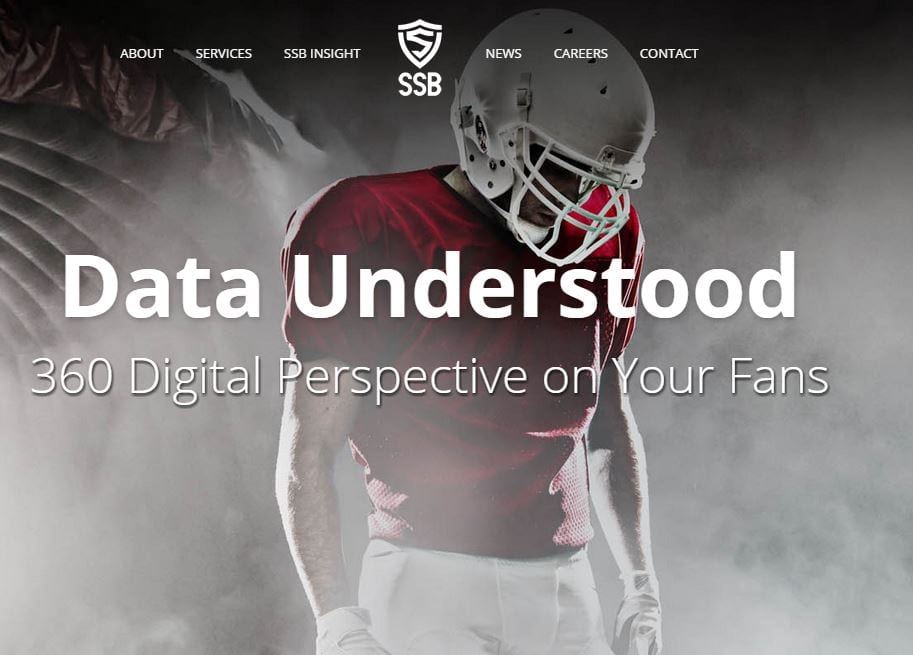by Aaron LeValley – April 2015
Big data requires strategy
“Big data” is no longer just a buzz phrase or a passing fad. According to a W.P. Carey School of Business study at Arizona State University, the amount of data accessible for businesses is growing exponentially, with the amount of data doubling every 1.2 years. Having a plan for this amount of data is no longer a way to generate a competitive advantage, it’s a necessity.

Bobby Whitson, Partner at SSB Consulting Group, summed it up nicely when I chatted with him recently about the growth of big data in sports. “Without an effective data warehouse and management strategy, sports teams will continue to struggle to manage data efficiently, and more importantly, make data actionable. Big data should be a focus of every team; from generating revenue to creating better fan understanding and engagement.”

It may seem overwhelming when approaching this project, but with a few steps, you can help your organization step in to the future. According to Charlie Sung Shin, Senior Director, Strategic Planning – CRM & Analytics at Major League Soccer, “Developing a big data strategy is a journey and it’s not just about implementing new technology or integrating a customer database. The strategy needs to support and continuously be aligned with your organization’s overall goal.”
How teams can get started with big data
So where do you begin? Here are a few steps which may help you and your organization adopt a big data project.
- Establish Objectives.
- Meet with your constituents to address short, mid and long-term goals.
- Example Goals
- Short-Term: How can I use this data to grow revenue for a ticket promotion?
- Mid-Term: How can I create a better profile of my customer through all of the data feeds we have?
- Long-term: How can we use the data to identify trends to generate more revenue or increase efficiency is aspects of our business?
- Identify key data sources.
- What are all the sources of data you have, transactional & non-transactional?
- Which of these data sources are most important for your objectives?
- Don’t be afraid to not incorporate some data sources from the start. It’s a process and can be taken in steps.
- Data source examples include: Ticketing, Email, Social Media, Website, Surveys, Loyalty, Merchandise, Concessions
- Analytical Models / Dashboard.
- Aggregating the data alone doesn’t get your team anywhere. Remember (or figure out how) to identify what types of dashboards or statistical models are needed to reach your goals/objectives.
- Models/Dashboards examples include: Projecting Single Game Sales, Lead Scoring, Retention Risk Modeling
- Identify a partner.
The work doesn’t end there, but if you start with these 4 steps, you’ll be well on your way to bringing your organization to a new level.








